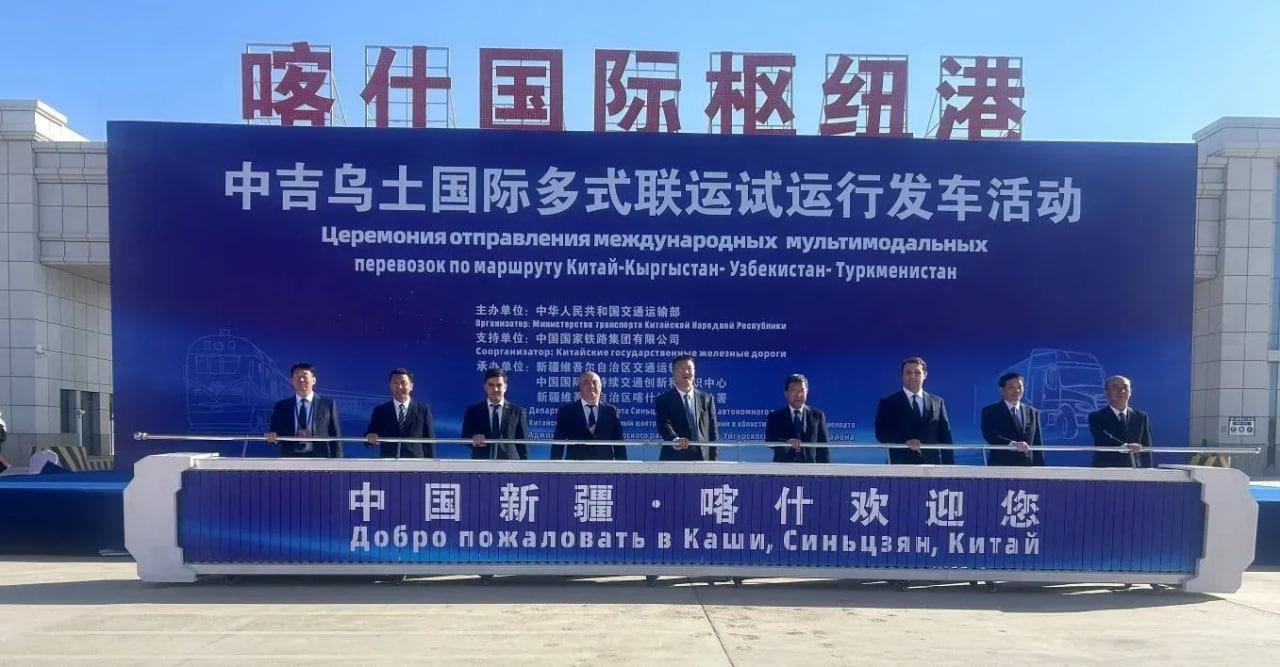ROGOZIN TAKES UP NEW PORTFOLIO IN BRUSSELS
ROGOZIN TAKES UP NEW PORTFOLIO IN BRUSSELS
This week the outspoken anti-Western nationalist politician Dmitry Rogozin, 44, arrived in Brussels as Russia’s permanent representative to NATO. Rogozin replaces former Border Guard chief General Konstantin Totsky (see EDM, October 31, 2007). In December 2003, Rogozin was elected to the State Duma as leader of the nationalist Rodina party, which at the time had Kremlin support. Later Rogozin fell out with the Kremlin and was ousted as party leader. Since then Rogozin has been a speaker at extreme nationalist rallies, and in May 2007 he co-founded the nationalist “Great Russia” party, which the authorities refused to register.
According to the Kremlin-connected president of the Polity Foundation, Vyacheslav Nikonov, “Rogozin has been a severe critic of NATO and the alliance’s enlargement for a number of years. Thus, his appointment as Russia’s representative to NATO is indirect proof of the Russian discontent with NATO activities” (Interfax, January 10). Kremlin-connected German analyst Alexander Rahr told Interfax: “Moscow intends to be firm in its dialogue with NATO. It wants to show the alliance that it has national interests. The fact that a non-diplomat, not to mention a tough man, has been appointed means that he will speak non-diplomatic language with NATO. This man is a boxer who will fight NATO.”
Has the Kremlin indeed sent Rogozin to Brussels to “fight NATO?” Last week, during a farewell press conference in Moscow, Rogozin did not sound particularly outspoken or belligerent. In fact, he was sitting at a table with Russian and NATO flags in front of him and was speaking about how he is looking forward to meeting his new friend, NATO Secretary-General Jaap de Hoop Scheffer. Rogozin announced that his first priority in Brussels will be to renew NATO-Russian military cooperation. According to Rogozin, the 2008 NATO-Russian military cooperation plans were blocked by the United States ostensibly because Russia had decided to impose a “moratorium” on the implementation of the Conventional Forces in Europe arms control treaty.
“We have suspended our participation in this one-sided and unfair treaty, and we hope that our NATO partners ratify the adapted version of the CFE,” Rogozin told a news conference on Sunday, January 27, after arriving at NATO headquarters in Brussels. “Perhaps this will happen by the end of this year,” he added. In Moscow as well as in Brussels Rogozin emphasized the need to “ensure positive results of military and nonmilitary cooperation with NATO.” According to Rogozin, “Our main goal is to respect each other’s interests and make the world more predictable and secure” (RIA-Novosti, January 28).
Rogozin implied that in Brussels he would be “an ambassador, not a politician.” He said he had always disliked being an opposition politician, since “a patriot must serve his country in government service, instead of simply criticizing.” Rogozin announced that he fully agrees with the policies of President Vladimir Putin. After Putin officially confirmed his appointment to NATO, Rogozin issued a public statement calling on “comrades, fellow party members, and supporters” to follow his example and embrace government service: “Within the system we can do more, especially today, when the composition of the ruling elite is changing” (Interfax, January 10, 24).
Rogozin has obviously put in a lot of effort into making amends with the Kremlin, to be let back in from the cold. On Saturday, January 26, government-controlled TV channels carried footage of Putin giving Rogozin a friendly farewell audience. In Brussels Rogozin will be following the Kremlin line without deviations, and Putin, though angry with NATO, is not ready to permanently disrupt relations.
Rogozin is an amicable person, and while at NATO headquarters he presumably will do his best to establish good personal relations, to promote the Kremlin’s political line, and to prove his value as an effective negotiator. At present Moscow’s main preoccupations regarding NATO involve U.S. plans to deploy missile-defense components in Poland and the Czech Republic. At his press conference in Moscow Rogozin complained that U.S. missile defense plans for Europe have not been discussed in NATO. As an alternative to U.S. plans, Moscow is offering to work together with NATO on building a joint non-strategic missile-defense system in Europe. Rogozin has clearly been given orders to seek out ways to exploit differences within NATO on the missile defense issue.
At the same time, Moscow is utterly opposed to NATO’s further eastward expansion. Rogozin has declared that Ukraine and Georgia do not meet the minimum NATO requirements of membership and that the populations of these countries will suffer, if they join NATO. The Russian Foreign Ministry has warned Ukraine that its expressed desire to join NATO will have serious implications and that Moscow will “take relevant measures” (RIA-Novosti, January 22).
In fact, Ukraine is already being punished. On January 22, Minister of Industry and Energy Viktor Khristenko ordered a Moscow factory to begin producing Soviet-designed TVZ-117 and VK-2500 engines for Russian airplanes and helicopters. At present, these engines are produced, in Ukraine and Russia has purchased up to $50 million worth a year, about one-third of the amount Ukraine exports worldwide. The Russian government has earmarked 1.5 billion budget rubles ($61 million) to subsidize domestic engine production (Vedomosti, January 28).
Relations with the West may further deteriorate because of NATO expansion, missile defense plans, Kosovo, and other issues. But this will be neither Rogozin’s doing, per se, nor his fault.


